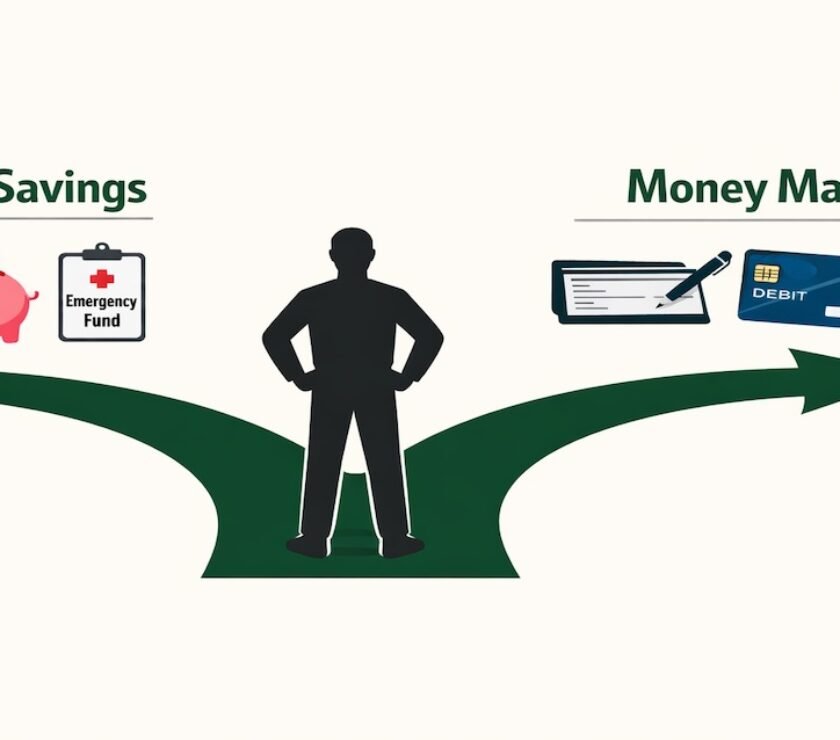By Don Briscoe
Updated for 2026
About the author: Don Briscoe is the founder of PersonalOne.org and a personal finance coach with over 12 years of experience helping Gen Z and Millennials build practical money systems. His focus is simple: turn everyday financial decisions into long-term wealth without hype or gimmicks.
Most millionaires didn’t get rich overnight — or by luck. They built boring, repeatable habits around budgeting, investing, and lifestyle control. This guide breaks down the real behaviors that quietly compound into seven-figure net worths.
The Truth About Self-Made Millionaires
Despite what social media suggests, most millionaires didn’t inherit wealth or strike gold on a startup. Research consistently shows they built wealth through disciplined habits applied over time.
The biggest separator wasn’t income — it was behavior. That’s why understanding money psychology and behavior matters more than chasing the next big financial trend.
Why Habits Beat Hustle
High earners go broke every day. Millionaires, on the other hand, tend to automate good decisions and remove temptation from their finances.
They don’t rely on motivation. They rely on systems.
Core Millionaire Money Habits
1. Living Below Their Means
Wealth builders resist lifestyle inflation. They prioritize freedom over appearances and avoid turning raises into liabilities.
2. Avoiding Consumer Debt
Credit card balances and high-interest loans quietly erase future wealth. Most millionaires treat consumer debt as an emergency, not a convenience.
3. Budgeting With Intent
Millionaires don’t “wing it” with money. They assign every dollar a role and track progress consistently. Budgeting is not restriction — it’s control.
4. Investing Early and Automatically
They invest before they spend. Retirement accounts, index funds, and employer matches work quietly in the background while life happens.
5. Increasing Income Strategically
Side skills, promotions, rental income, and scalable opportunities matter more than working longer hours. Wealth grows when effort compounds.
Where Habits Become Wealth
These habits only work when they’re organized into a clear system. That’s why sustainable wealth starts when you turn your budget into a wealth-building system instead of treating budgeting as a temporary fix.
Once structure is in place, habits compound naturally — without constant willpower.
FAQs
Can regular people really build millionaire habits?
Yes. Most millionaires started with average incomes and focused on consistency, not perfection.
Do I need multiple income streams?
Eventually, yes — but only after your core financial system is stable.
What’s the first habit to build?
Awareness. Track spending briefly, then automate one improvement.
Financial Disclaimer
This article is for educational purposes only and should not be considered financial advice. Individual results vary based on income, discipline, and personal circumstances.




